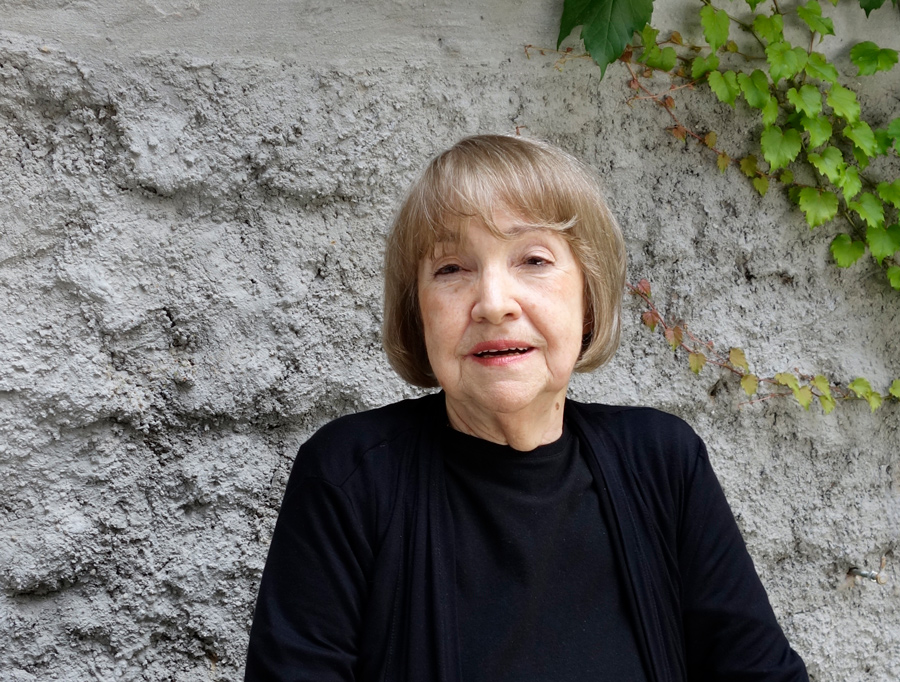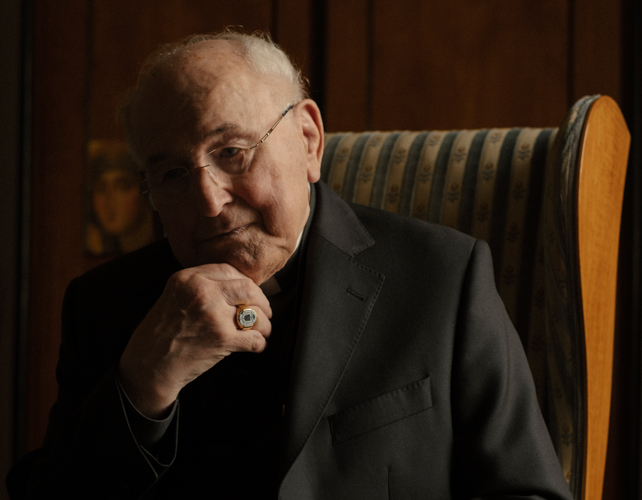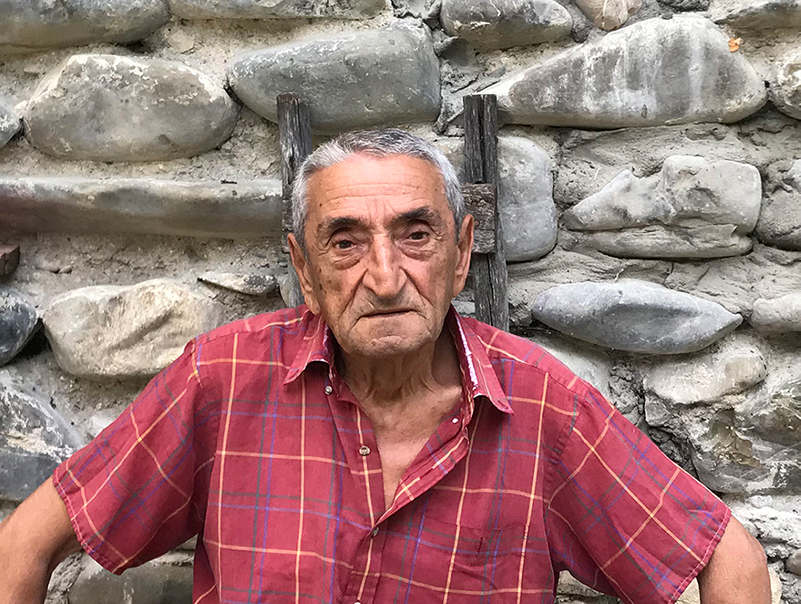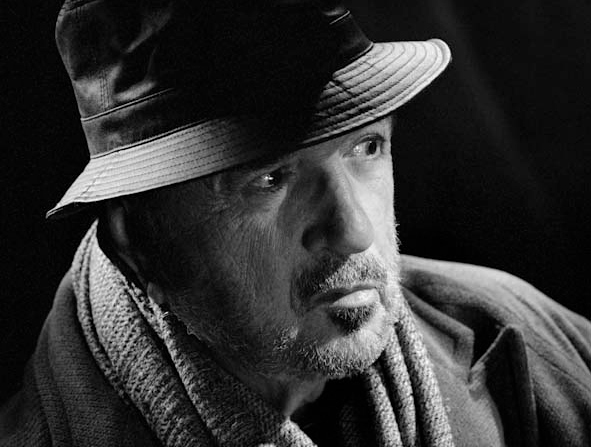Irena Vrkljan is a German-Croatian poet, screen and radioplay author, and translator. Originally born in Belgrade in 1930, she grew up in Zagreb after the war. Vrkljan started publishing in former Yugoslawia in the 1950s, and in 1966 chose to move to Berlin where she started her studies at the film school in West Berlin, and also met her husband, the writer Benno Meyer-Wehlack, with whom she would go on to write 27 radio plays. Raised bilingual, over the course of her career Vrkljan published both in Croatian and in German. Irena Vrkljan received several awards for her work, including in 2006 the Vladimir Nazor Award. She now lives in Zagbreb.
As the spring of 2020 turned into a long-lasting quarantine, the interview nearly did not happen. The situation went from bad to worse when in the middle of the pandemic, Zagreb was hit by an earthquake on 22 March, which devastated numerous important cultural and historic monuments in Zagreb and severely damaged the city centre, where Irena Vrkljan lives. However, instead of cancelling the interview, Vrkljan thankfully agreed to hold the interview on the phone and over several afternoons.
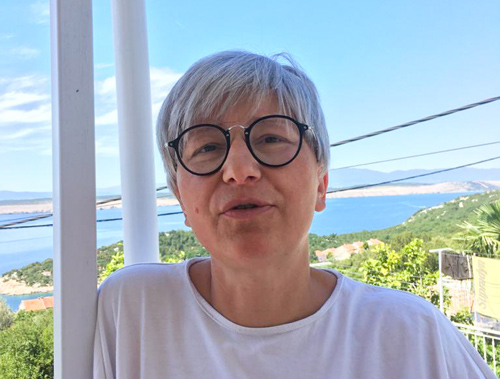
Irena Vrkljan was interviewed by Milka Car, junior professor of comparative literature at Zagreb university.
Interview Highlights
About being a writer
Car: Tell me, have you ever felt as a foreigner or alienated, as if you didn’t belong. And if so, when did you feel like this?
Vrkljan: As a foreigner? Mhm, you know, in the words of Virginia Wolf, who I like very much and read very often: “Every poet is essentially always in exile.” As a poet, you are always foreign to people who don’t read, to people who aren’t interested in literature or what you do. They would be more interested in me if I were a singer of evergreens or something like that, than they are in my poetry and prose writings. Still, I must say that my experience in this respect is very good, I’ve received many letters from both male and female readers. But yes, mostly from women, women read more than men.
Language as home
Car: Since you moved between them, which place would you choose as home, Zagreb or Berlin? Vrkljan: Well, that’s why I left Berlin – because I felt that it wasn’t good for me. I wrote under the name Irena Vrkljan and they couldn’t even pronounce my surname, so the publishers told me I should change my surname, which I didn’t want to do. I was from Croatia or from Yugoslavia at the time and this didn’t change. And I think that this is what really matters, it’s not a longing for home, but for a language. Language is also a kind of homeland, is it not?
European influence
Car: Who was responsible for your strong interest in culture, literature? Your parents, I suppose?
Vrkljan: Yes, because they read to me when I was a child. Dad read Morgenstern to me, all his poems. My mum was from Vienna, she came to Belgrade from Vienna when she was 27 and met my father there. So, I was immediately surrounded by three countries – Austria, Germany and Croatia. I didn’t live just in one world, but in a European world, actually.
How Berlin changed Vrkljan’s perspectives on life
Car: How much control do you feel you’ve had throughout your life? To what extent have history and great political events influenced your plans in life?
Vrkljan: Well, I can’t say that they have. What has? Making 60 films has had an impact on me, I said that I just couldn’t take it anymore, inventing screenplays. I was tired and needed a change of milieu, so I applied for the Academy and went to Berlin. There I met a lot of Chilean people, then all sorts of foreign [guest] workers from Croatia, and through them also [the Croatian human rights activist] Bosa Schedlich, in one of the homes we visited. This was a different world for me, not our usual bourgeois milieu, but workers who became our friends. We were a very diverse group, consisting of both workers and intellectuals. We knew both Günter Grass and our Ljubo from Keča Ves. That is how we used to be; Benno was like that.
Car: Inclusive.
Vrkljan: Yes.
